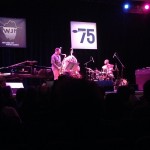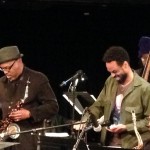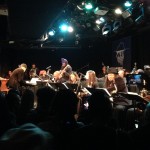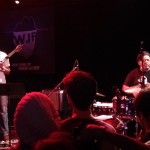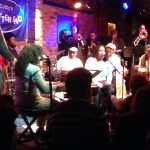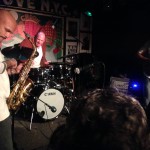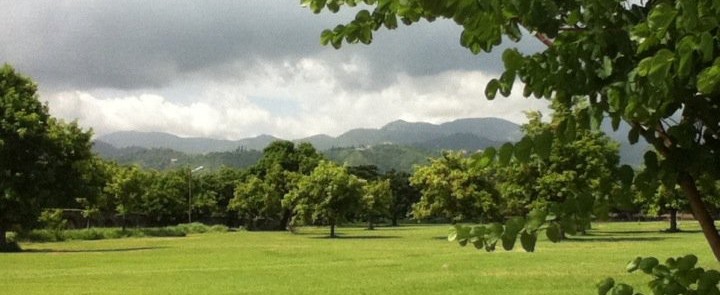In the wake of a great discussion about race that I had with my New School students yesterday morning, I had the privilege of listening to Barbara Fields and Ta-Nehisi Coates talk about Prof. Fields’ recent book Racecraft: The Soul of Inequality in American Life in the evening. The conversation moved quickly through a variety of topics, from blood typing to President Obama’s response to the murder of Trayvon Martin, but my overall impression of the importance of racecraft was that it offers us a critical vocabulary for talking about issues of race and racism in our society. I hope that the book is read widely. I already bought my copy.
Of course, one moment I found particularly interesting was when the conversation turned to music, and Mr. Coates and Prof. Fields used the cases of R&B singer Teena Marie and country singer Charley Pride to interrogate what it means when someone says a singer “sounds black” or “sounds white.” What interested me most about these cases is the extent to which their very genres are symptomatic of racecraft. As Karl Hagstrom Miller has argued in his book Segregating Sound, genre names like “country” and “race music” that emerged in the early 20th century were invented as purportedly racially authentic distinctions that reinforced in American musical life the segregation of whites and blacks elsewhere and, in the process, obscured (and in many ways devastated) a musical milieu in which white musicians played in blues form and black musicians played the music of Tin Pan Alley. Racecraft means that we understand these distinctions not as arising from the perception of racial difference but rather as (re)producing that perception.
